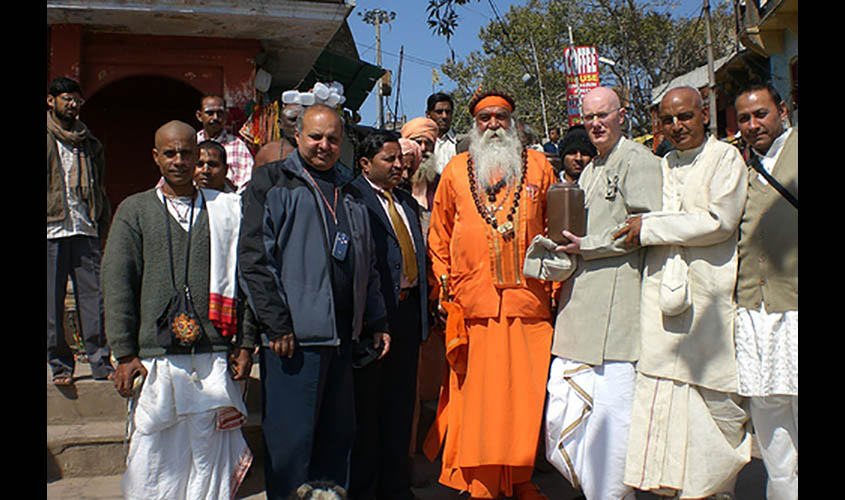 LONDON: For many years now a caste booster lobby of Dalits has been campaigning to bring in a law to ban “caste discrimination” in the United Kingdom. The campaign has been supported by some MPs and Lords of Indian origin. The implication of this law would have far reaching consequences on the Hindu community, with all so-called upper caste Hindus becoming potential caste discriminators. Their family name will give away their caste. The second generation of Hindus growing up in this country do not identify themselves with caste, and inter-caste marriage is the norm. This law would impose a caste label on this new generation and give life to something that has no significance in their lives. However, the vociferous caste booster lobby has convinced UK politicians that “upper caste” Hindus practise discrimination and there should be a law to check that. In response, the UK government commissioned a report to look into the matter. The report found nothing to back the claims made by the caste boosters. Many had submitted stories of classroom or workplace bullying. The report indicated that these claims would come under the generic term of “bullying” and could be dealt as such by the relevant authorities. There have been other claims that just do not stand up to scrutiny. In one case, a hospital patient said that she was not served by the nurse, who found out that she belonged to a “low caste”. Such behaviour would result in immediate termination of employment, irrespective of who was at the receiving end. It is highly unlikely that anyone would risk losing one’s job by acting against the ethos of the National Health Service.
LONDON: For many years now a caste booster lobby of Dalits has been campaigning to bring in a law to ban “caste discrimination” in the United Kingdom. The campaign has been supported by some MPs and Lords of Indian origin. The implication of this law would have far reaching consequences on the Hindu community, with all so-called upper caste Hindus becoming potential caste discriminators. Their family name will give away their caste. The second generation of Hindus growing up in this country do not identify themselves with caste, and inter-caste marriage is the norm. This law would impose a caste label on this new generation and give life to something that has no significance in their lives. However, the vociferous caste booster lobby has convinced UK politicians that “upper caste” Hindus practise discrimination and there should be a law to check that. In response, the UK government commissioned a report to look into the matter. The report found nothing to back the claims made by the caste boosters. Many had submitted stories of classroom or workplace bullying. The report indicated that these claims would come under the generic term of “bullying” and could be dealt as such by the relevant authorities. There have been other claims that just do not stand up to scrutiny. In one case, a hospital patient said that she was not served by the nurse, who found out that she belonged to a “low caste”. Such behaviour would result in immediate termination of employment, irrespective of who was at the receiving end. It is highly unlikely that anyone would risk losing one’s job by acting against the ethos of the National Health Service.
Other claims are about
UK has very stringent laws dealing with discrimination, racism and hate crime. So there is no need for a separate caste law.
The Hindu community has woken up to the threat they face from a law that has the potential to do them a lot of harm. They are making it clear to the politicians that they will lose Hindu votes on this issue. The irony is that the Dalits are justly proud of their caste and yet their champions have this victim mentality. The UK has a population of over 60 million, out of which Hindus make up a tiny portion. Instead of grabbing all the opportunities that their host country is offering them and making a success of it like the Hindus have, the UK caste lobby is bogged down in perceived caste discrimination.
So why is there such a clamour to bring in caste legislation in the UK? By internationalising the issue there would be further condemnation of India. It may also help the granting of rights to those who change their faith, even though the change of faith is supposed to nullify caste. A government consultation on the caste cauldron has just concluded and the Sunday Times article may help get the right response from the government. The Indian government should be watching the developments closely, because it is unlikely to consider a caste law a good move by a presumably friendly country.
Nitin Mehta is the founder of Indian Cultural Centre, London.

